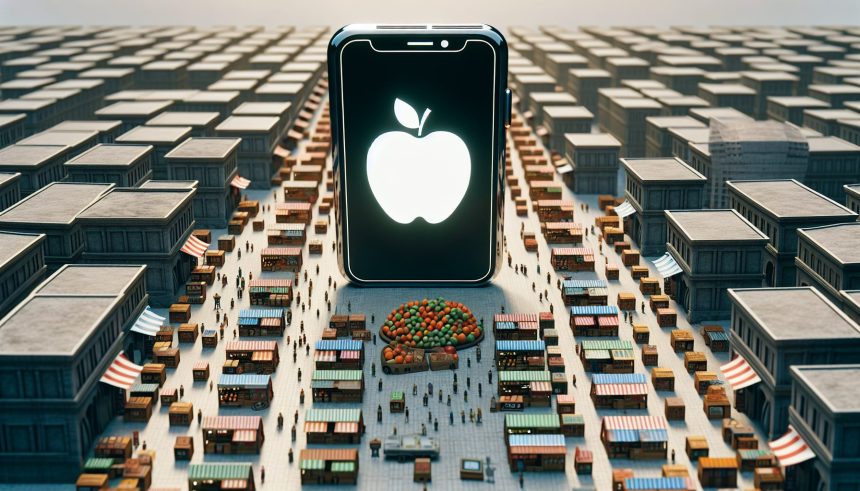The United States Department of Justice (DOJ), with the support of 16 state attorneys general, has launched an antitrust lawsuit against Apple. The suit alleges that Apple’s domination of the app market is restricting competition and unlawfully hindering innovation.
Filed in a New Jersey federal court, the case challenges Apple’s tight control over the iPhone app market and its restrictions on third-party app distribution. According to the plaintiffs, the 30% commission fee that Apple charges app developers adversely affects their profit margins, raises costs for consumers, and prevents potential innovators from entering the market.
Apple, on the other hand, vehemently denies these allegations, asserting that their app store policies are there to protect consumer safety and privacy, and to encourage a healthy digital economy.
The lawsuit further claims that Apple’s control has led to higher prices for applications and in-app purchases, essentially trapping both developers and consumers.
DOJ suit: Apple’s app monopoly curbs innovation
The plaintiffs argue that Apple’s ecosystem forces them to pay a 30% commission on each sale, creating artificially high market prices that suppress innovation and place a heavy burden on consumers.
This, the lawsuit asserts, constitutes anticompetitive conduct in violation of the Sherman Antitrust Act. The developers involved in the lawsuit are seeking damages, and a judgment to end Apple’s alleged monopoly.
The DOJ also argues that Apple’s App Store policies and developer agreements are restrictive, allowing the company to charge higher fees, hinder innovation, limit competition, and deliver a compromised user experience. This behavior allegedly affects other sectors as well, such as financial services, which are impacted by these restrictions.
Furthermore, it is claimed that Apple enforces inconsistent policies in its App Store, while limiting access to alternate app stores that could challenge Apple’s fees – hindering competition and limiting the options for both iPhone users and developers.
In response, Apple has denied these allegations, stating that they are “both factually and legally inaccurate.” The company voiced concerns that the lawsuit could set a dangerous precedent, where the government has control over personal technology design.
Following the announcement of the lawsuit, Apple’s stock price fell by 4%.







